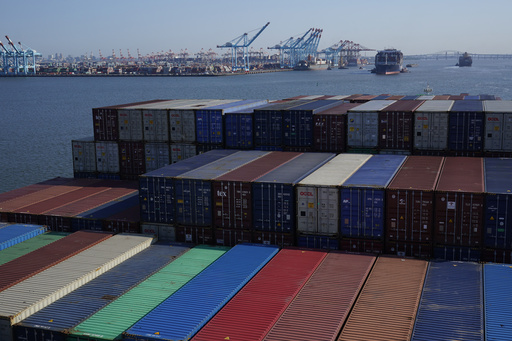Approximately 45,000 dockworkers from the U.S. East and Gulf Coasts are considering a strike on October 1 to prevent the automation of their jobs. This strike could impact about half of the nation’s ship cargo ports. The International Longshoremen’s Union is requesting higher wages and a complete ban on the automation of various processes at 36 U.S. ports. The outcome of this dispute is anticipated to have significant effects on the flow of freight to and from the United States for years to come.
The potential strike may not cause immediate shortages in retail goods if resolved swiftly, but an extended strike could lead to scarcities of certain consumer products. A prolonged strike would likely harm the U.S. economy, causing disruptions in cargo movement and resulting in traffic congestion around the nation as shipments are redirected to West Coast ports. Clearing the backlog post-strike could take several days, impacting the supply chain.
Union and port representatives have not engaged in negotiations since June, and the union has warned about the possibility of a strike as their contract expires at the end of September. The current top-scale port workers earn a base pay of $39 per hour, with some earning over $200,000 annually when factoring in overtime and benefits. Discussions regarding pay rates remain undisclosed, but a significant portion of longshoremen in New York Harbor reportedly earn $200,000 or more yearly.
The dispute revolves around pay raises and concerns about job automation. The union president argues that the demand for higher wages compensates for recent inflation spikes and the looming threat of job automation. If the strike occurs, experts believe West Coast ports could absorb some diverted freight, but they may not handle all the redirected shipments. The prolonged impact of a strike could lead to spot shortages of goods, affecting industries like automotive and pharmaceuticals that rely on timely deliveries.


